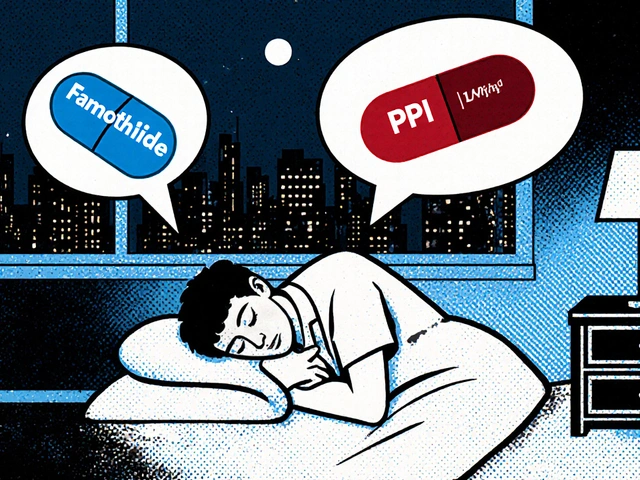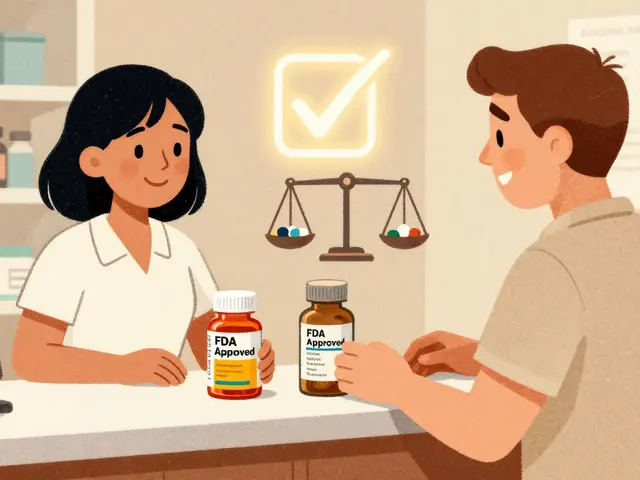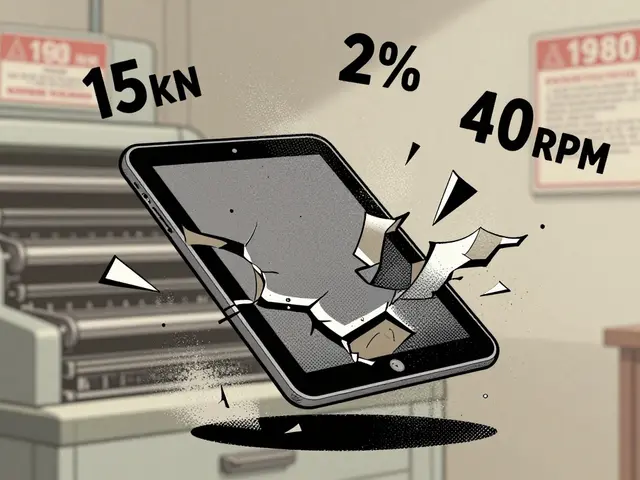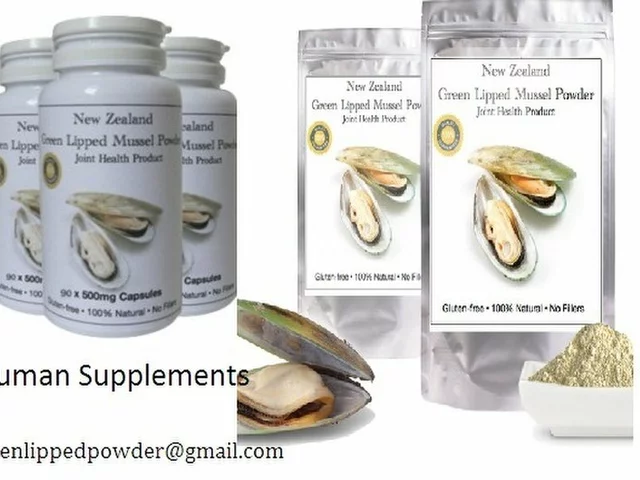Online pharmacies 2024: How to buy meds safely without getting scammed
Not every website that sells medicine is legit. Some sell fake pills, wrong doses, or nothing at all. If you plan to order meds online in 2024, a few quick checks will save you money, time and health risks.
Quick safety checklist
Look for a pharmacy license and real contact details. Trusted sites usually show a license number, an address, and a working phone line. In the US, VIPPS or NABP recognition is a good sign. LegitScript and national regulators — like the UK’s GPhC or Canada’s CIPA — also list verified services. If the site hides its location or uses only a contact form, walk away.
Verify the prescription policy. A legitimate online pharmacy asks for a prescription for antibiotics, controlled drugs, and many other meds. If they sell those without a prescription, that’s a major red flag. Don’t trust sites that offer large discounts on controlled substances or push bulk orders.
Watch prices and product info. Too-good-to-be-true prices often mean counterfeit or expired drugs. Check ingredient lists, strength, and brand names. Real pharmacies display manufacturer details and batch numbers on packaging or in product descriptions.
Comparing price, prescriptions and shipping
Payment and site security matter. Use credit cards or PayPal when possible — they offer dispute protection. Avoid wire transfers, Western Union, or crypto for first-time purchases; those are favorite tools for scammers. Make sure the site uses HTTPS and shows a padlock in the browser bar.
Shipping and customs: know your country’s rules. Some medicines can be held by customs or require extra paperwork. Expect clear shipping times, tracking, and a returns policy. If a site refuses to provide tracking or gives vague delivery windows, consider that suspicious.
Read recent reviews but be picky. Check for real user stories on independent sites, not only the seller’s testimonials. Look for consistent patterns: late deliveries, wrong items, or poor customer support are warning signs. One bad review isn't the end of the world; many bad shops have no real history at all.
Privacy and data protection are real concerns. A trustworthy pharmacy explains how it stores prescriptions and personal data, and it asks for only what’s necessary. If a site asks you to upload sensitive documents without secure measures, don’t proceed.
Need help choosing? Start with national or well-known international pharmacies verified by regulators or industry monitors. When in doubt, call your local pharmacist or doctor and ask whether the online option is safe for your medicine and region.
Buying medicine online can be convenient and cheaper — but only when you pick a trusted source. Do the checks above every time you order, and if something feels off, stop and verify. Your health isn’t worth a bargain that looks too perfect.





